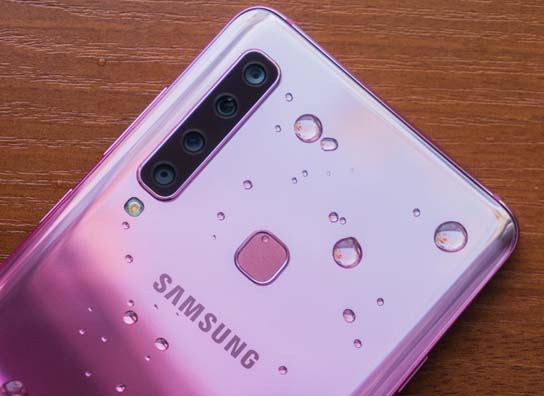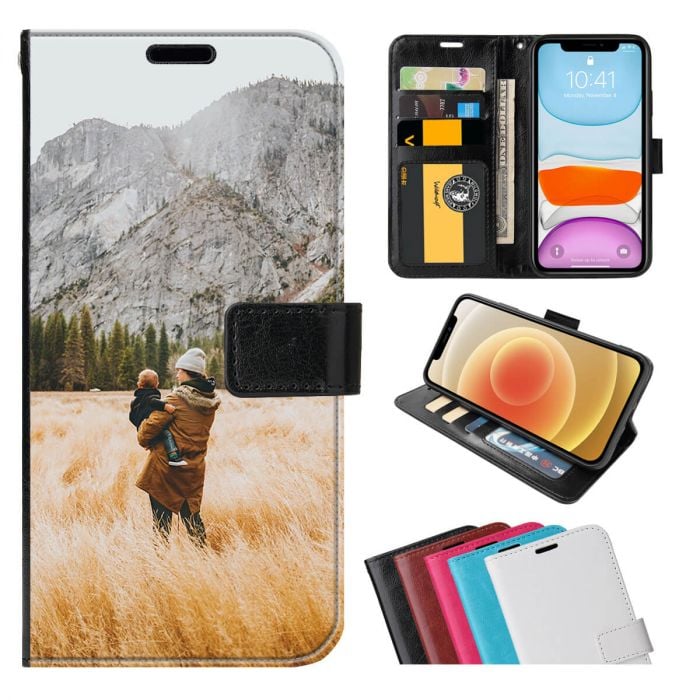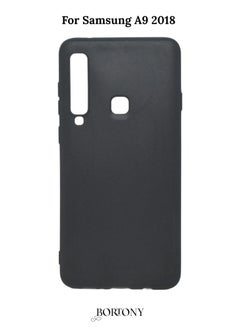
تسوق بورتوني وجراب Samsung Galaxy A9 2018 رفيع ورفيع وناعم من السيليكون المرن من مادة TPU من الجل المقاوم للخدش وغطاء واقي خفيف الوزن لهاتف Samsung Galaxy A9 2018 (أسود غير لامع)
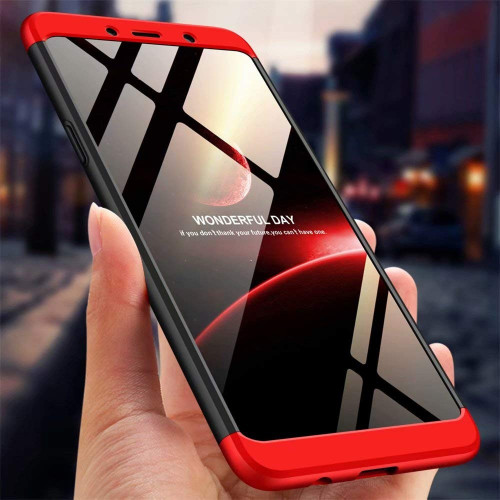
جراب كفر 360 درجة للهاتف سامسونج ايه 9 samsung Galaxy A9 2018 - متجر اللمسة الساحرة لإكسسوار الهواتف

سعر جراب سيليكون مطبوع متوافق مع موبايل سامسونج A6 بلس من سي دي واي، متعدد فى مصر | بواسطة امازون مصر | كان بكام
/product/92/44859/1.jpg?1709)
تسوق Phone Case For Samsung Galaxy A9 (2018) ,Iron Hard PC Man Armor Shield Case,Hybrid Silicone +TPU Cover Case For Samsung Galaxy A9 (2018) اونلاين | جوميا مصر

غلاف سيليكون ناعم لهاتف Samsung A9 2018 ، 6.3 بوصة ، جراب لهاتف Samsung Galaxy A9 2018 9 A A9 A9S A920 - AliExpress

جراب YYSJK A920 A920F لهاتف Coque Samsung Galaxy A9 2018 غطاء خلفي مطلي بالسيليكون Sfor Samsung A9 2018 A920 A920F A9200 A9S Capa For A9 2018 A920 A920F : Amazon.ae: المستلزمات الرياضية

جراب حماية جليتر سائل متدرج لموبايل سامسونج جالاكسي A9 2018 - جراب من السيليكون والبولي يوريثين المقاوم للحرارة بتصميم رمال متحركة، مضاد للصدمات والخدوش لموبايل سامسونج جالاكسي A9 2018، بينك وارجواني : Amazon.ae
/product/76/081944/1.jpg?4685)
تسوق جراب حماية شفاف ضد الصدمات من السيليكون المقوى بارز الاركان ، حماية متكاملة لهواتف سامسونج ايه 9 2018 - Samsung Galaxy A9 (2018) اونلاين | جوميا مصر

Wholesale جديد حقيبة لهاتف سامسونج غالاكسي A9 2018 حلقة حامل لينة سيليكون ماتي الغطاء الخلفي حقيبة لهاتف سامسونج A9 برو 2018 A920 جراب هاتف From m.alibaba.com
/product/76/081944/2.jpg?4685)
تسوق جراب حماية شفاف ضد الصدمات من السيليكون المقوى بارز الاركان ، حماية متكاملة لهواتف سامسونج ايه 9 2018 - Samsung Galaxy A9 (2018) اونلاين | جوميا مصر

سعر جراب سامسونج جالاكسي A9 2018، غطاء مغناطيسي كامل من 2 قطعة باطار معدني، جراب خلفي من الزجاج المقوى - اطار احمر فى مصر | بواسطة امازون مصر | كان بكام

جراب خلفي انيق شبه متين لموبايل سامسونج جالاكسي A9 (2018) من اراري ايه كوفر سيريز - ازرق شفاف : Amazon.ae: الإلكترونيات والصور

ستروج جراب لموبايل سامسونج جالاكسي A9 (2018)، جراب حماية شديد التحمل مضاد للصدمات بحلقة مدمجة قابلة للدوران 360 درجة مع واقي شاشة لموبايل سامسونج جالاكسي A9 2018 (اسود) : Amazon.ae: الإلكترونيات والصور

For Samsung Galaxy A6 A7 A8 A9 2018 Case Luxury Car Magnetic Ring Armor Phone Case For Galaxy J2 Pro J3 J5 2017 J4 J6 Plus J7 - buy For Samsung Galaxy

ينطبق على جراب هاتف Galaxy A9 2018 ، مجموعة كاملة من حافظة الكمبيوتر ، حافظة صلبة رفيعة للغاية مقاومة للصدمات ، أزياء غير قابلة للانزلاق Forsamsung Galaxy A9 2018 Classic بلون موديلات




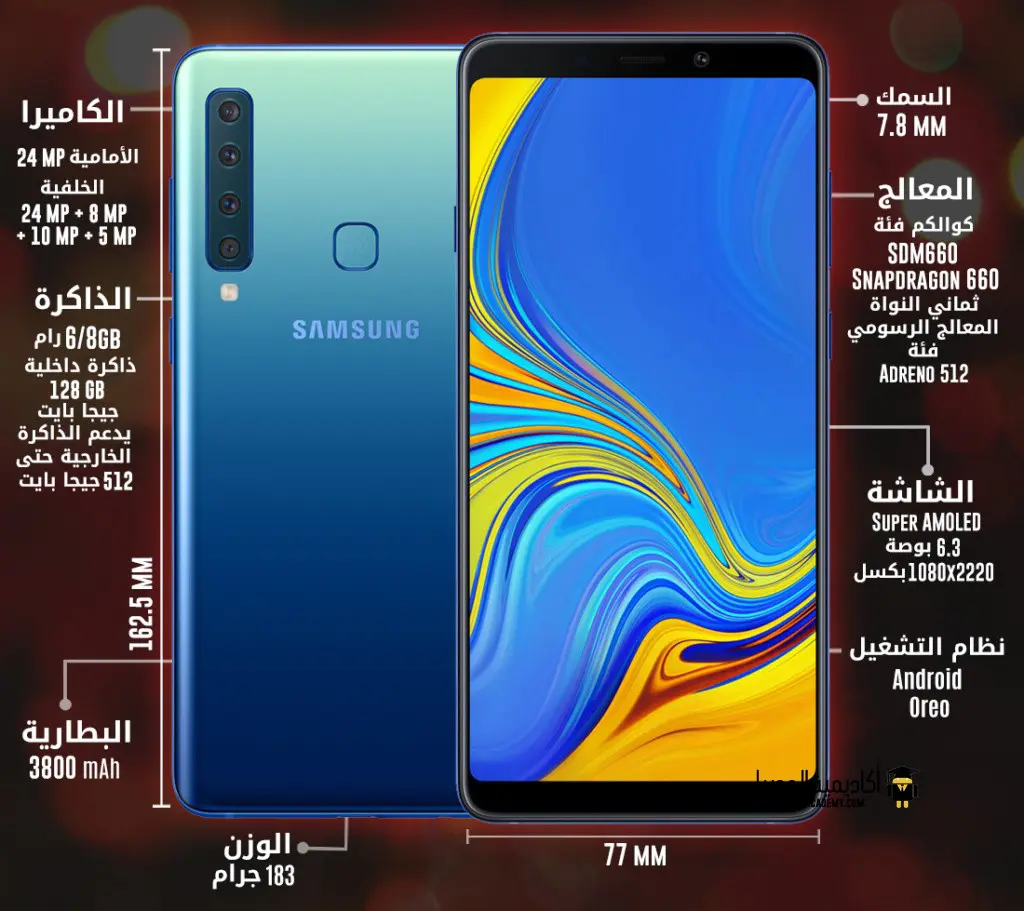

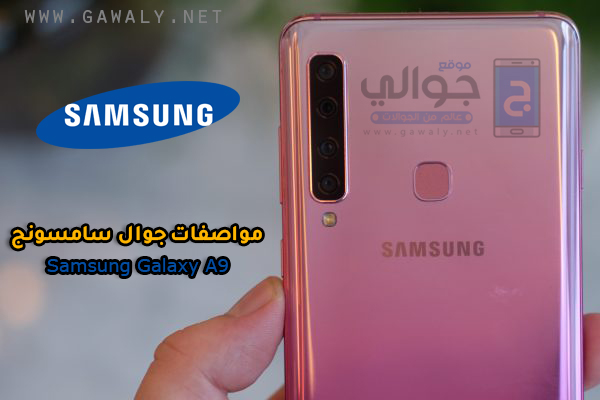
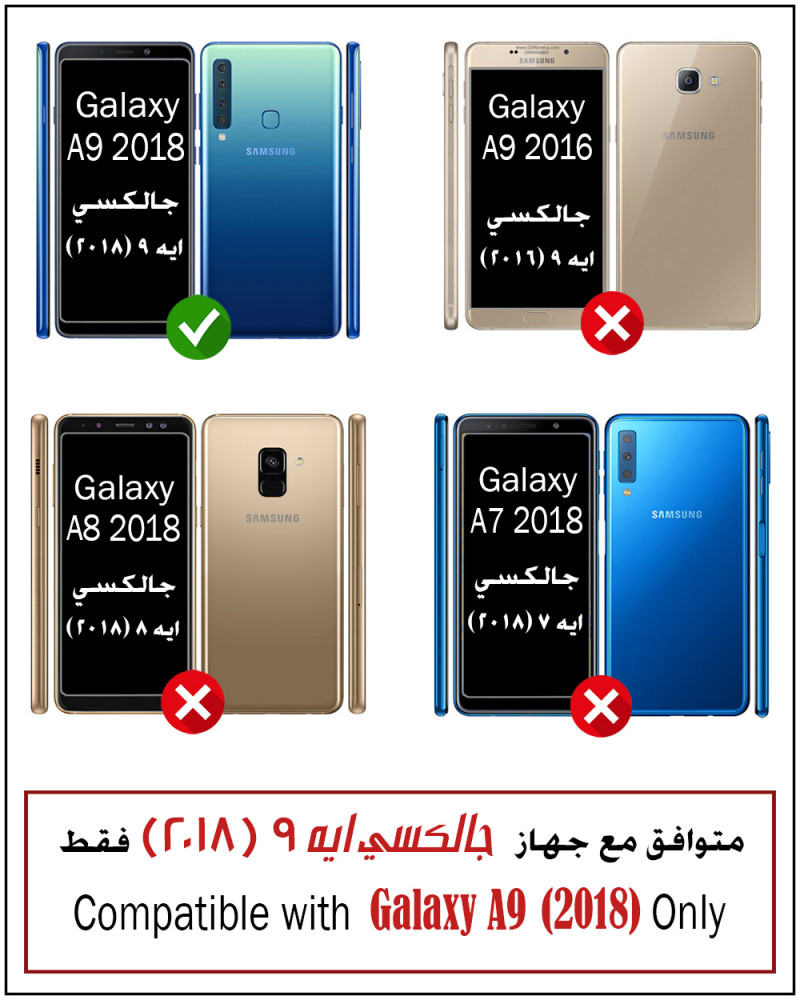

/yaootaweb-production/media/crawledproductimages/2954fcf10bfb64f981cc8d91ee9038edbb4b676d.jpg)
